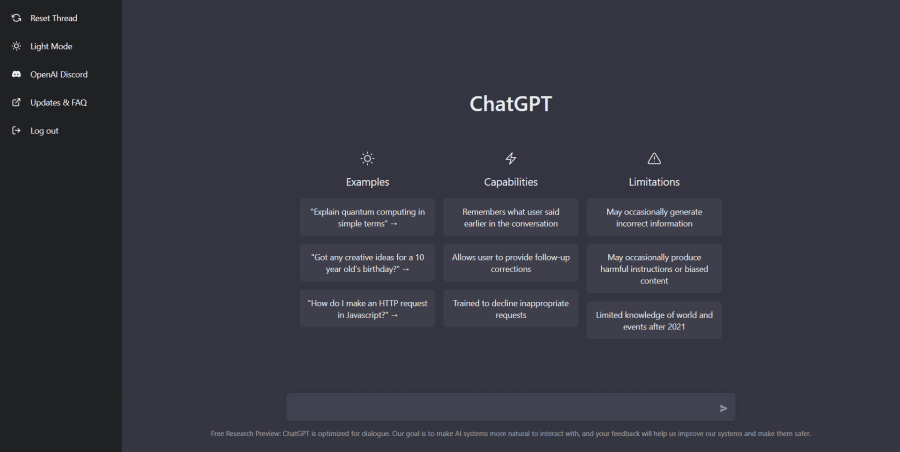
Sam Altman left his position as the president of Y Combinator to become the CEO of the company he co-founded with Elon Musk and others in 2015, OpenAI.
More than three years ago, at a small event in San Francisco, Altman described OpenAI’s potential in language that some found bizarre. For example, Altman said that the opportunity with artificial general intelligence (machine intelligence that can solve problems as well as humans) is so great that if OpenAI manages to crack it, the company could “maybe capture the light cone of all future value in the universe.”
Altman noted that the research was so powerful that the company might have to decide against releasing it. Asked if OpenAI is guilty of fear-mongering, Altman spoke about the dangers of “building something on an exponential curve” while not thinking about “societal consequences”. Elon Musk has repeatedly called for regulations for all organizations developing AI.
At various points in the conversation, the audience laughed at Altmans’ statements, unsure how to take him seriously. However, there is little room for laughter today, as what Altman spoke of is slowly being released with each project by OpenAI. While the likes of Elon Musk seem shocked by the new technology, others fear it or reject it because of its advanced knowledge. For example, Getty Images banned AI art mentioning possible copyright issues.
Some even fear that it could be our undoing, especially with technology like GPT-3 and its more advanced versions that are on the way.
OpenAI Releases GPT-3.5 as Anticipation Builds for GPT-4
GPT-3.5 broke cover this Wednesday with ChatGPT with OpenAI saying it wants to “get users’ feedback and learn about its strengths and weaknesses.” While some heavy users insist that it’s not so smart, others commented on the ability of the AI to respond like a human being that would pass as a well-educated individual in various fields.
Saying that they are bound to receive essays that students obtained using this AI, educators are now wondering if it’s possible to distinguish genuine work from the one AI can generate – because it can evade anti-plagiarism software. The potential for abuse with such tools is as worrying as it is real.
John Warner, the author of the book Why They Can’t Write, argues that while AI writing is credible, it’s only because writing and our expectation for it have become so unaspiring.
Paul Kedrosky, an investor, economist, and entrepreneur who calls himself a “frustrated normal with a penchant for thinking about risks and unintended consequences in complex systems”, is among those who are worried about our collective future. Kedrosky said:
TechCrunch spoke with Kedrosky about some of his concerns and why he thinks OpenAI is driving what he believes is the “most disruptive change the U.S. economy has seen in 100 years,” and not in a good way.
What do you think? Is ChatGPT the technology of the future, or something we should be wary of?
Read More Software News:
https://www.business2community.com/spy/best-spy-apps-for-android
https://www.business2community.com/pos/best-pos-systems
https://www.business2community.com/agencies/best-mobile-app-development-companies-india